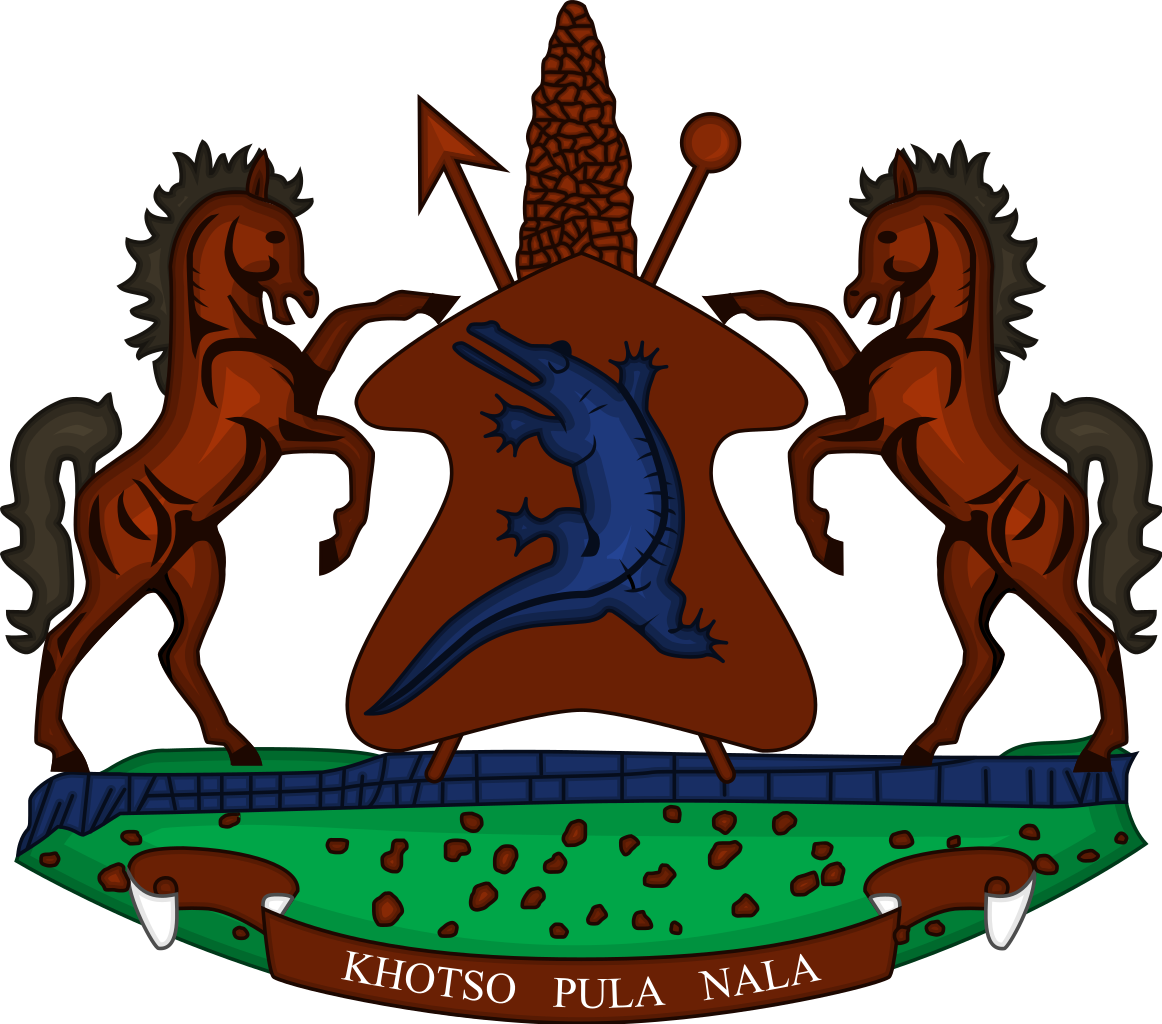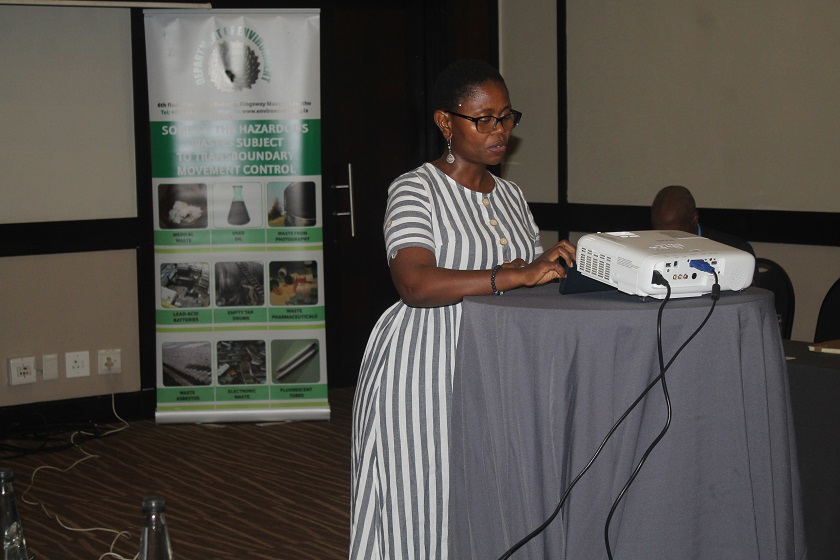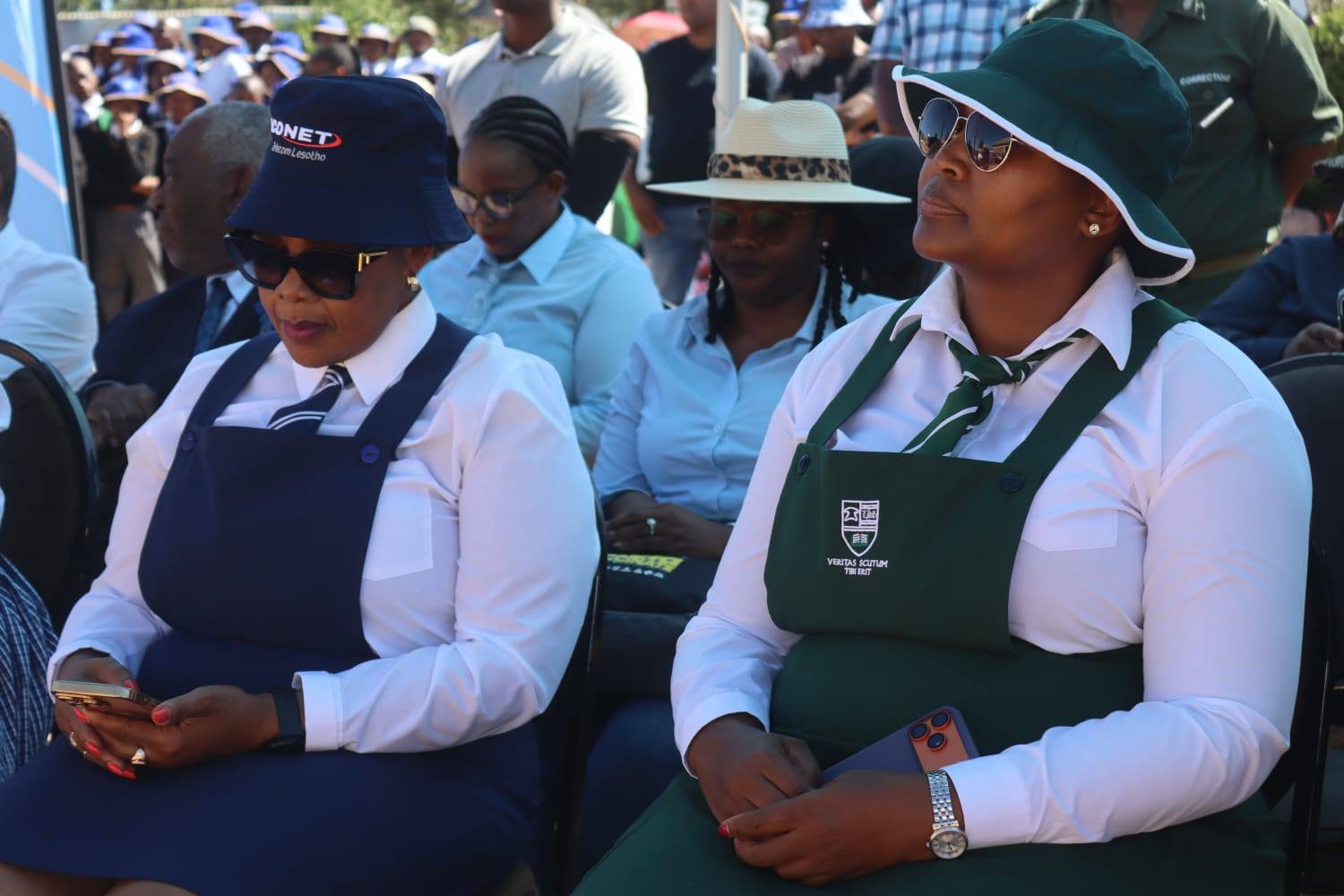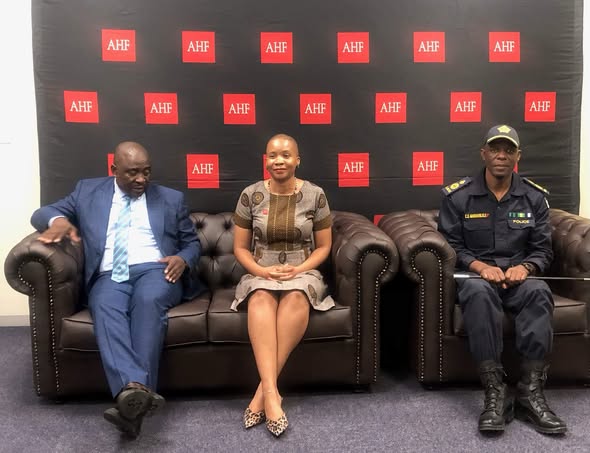The Director of Environment in the Ministry of Defence, National Security and Environment, Ms. Qong-qong Hoohlo says the objective of e-waste management is to drive digital finance and financial inclusion by improving access to reliable digital services, particularly among citizens living in rural and unserved areas.
She said this when officially opening the inception workshop for capacity building of e-waste management under the Lesotho E-governance Infrastructure Phase II.
Ms. Hoohlo thanked the Ministry of Information, Communications, Science, Technology and Innovation and the African Development Bank for collaborating with the Department of Environment to build capacity in the management of electronic waste under the Lesotho e-Governament Infrastructure Phase II Project.
She said the aim is to provide access to a diverse range of financial products and services for individuals as well as small, medium and large businesses through the expansion of digital infrastructure and services, which will lead to job creation and contribute to Lesotho’s economic growth.
She further noted that the project will increase data-enabled coverage in rural and unserved areas; improve financial inclusion among unbanked citizens in Lesotho by developing digital payment infrastructure and strengthening the digital services ecosystem and improve government skills to oversee and implement ICT initiatives.
She mentioned that Management of e-waste has been identified as an area of concern because promoting technology through increased access may result in the generation of e-waste and additional impacts from e-waste which may not be directly part of the project’s area of influence but are equally important.
She stressed that e-waste is likely to result from increased usage of various IT equipment such as computers, laptops, networking devices, cables, and power adapters; household appliances like televisions, telephones, and mobile phones due to improved connectivity and access.
In conclusion, she noted that e-waste is a global problem needing concerted efforts to overcome the challenges it brings about. Most importantly, needed to change our thinking, behaviour and attitudes towards waste.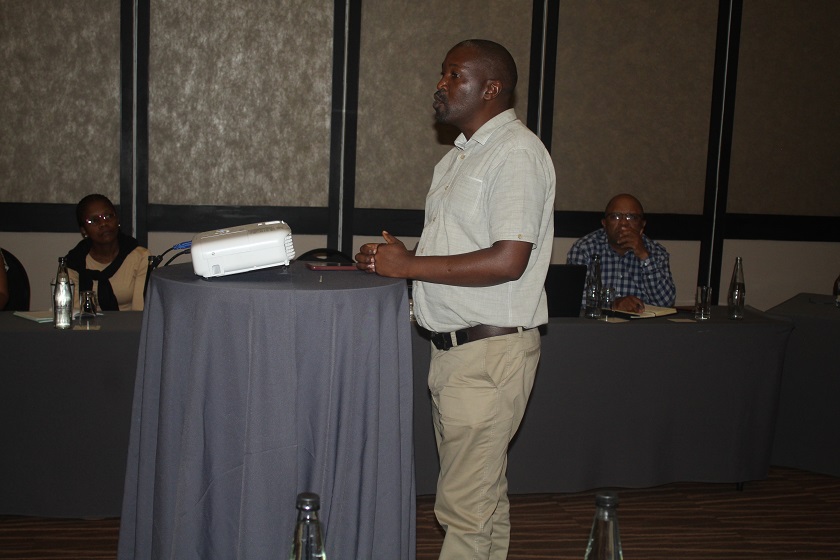
On the same note, the Procurement Specialist, Mr. Abia Malefane said the e-Governament Infrastructure Phase II Project is going to build 28 towers to improve network coverage in the country and build fibre.
He mentioned that the e-Government Project will establish the e-Parliament to enable public participation, saying the e-parliament software is underway.
He also noted that e-services will be improved in Phase II, saying most of the government payments will be done electronically as this will enhance transparency.
He noted that the improvement of the internet in the country will cause more e-waste hence the rules and regulations of e-waste management are needed in the country.
Also Speaking, the Consultant, Dr Taelo Letsela said e-waste is hazardous as it contains the components used to make devices such as laptops, cell phones, and televisions, containing metals and chemicals known to harm human health.
He mentioned that when one is dealing with e-waste, it is essential to wear Personal Protective Equipment (PPE), saying training is also essential for handling e-waste.
Dr Taelo said e-waste should be collected and transported to a designated area.
He stressed that consumers should be able to return any end-of-life product at no cost to themselves.
The project is to drive digital financial inclusion by improving access to reliable digital services, particularly for citizens living in rural and unserved areas.
By Staff Reporter: ‘Maphoka Likotsi
